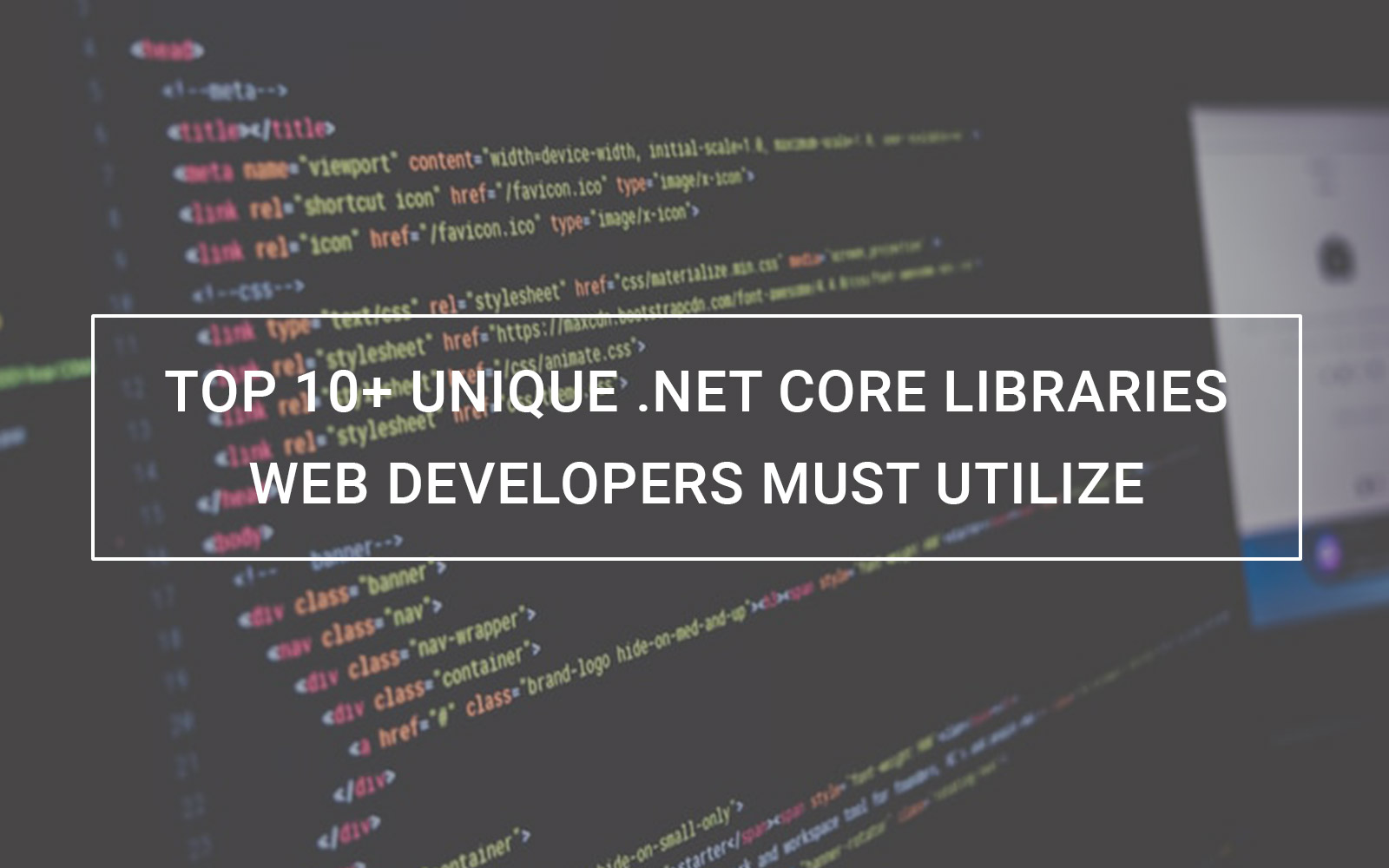It is a huge challenge that every app developer faces when it comes to choosing the right database for their modern apps. And the introduction of relational DBMSs like PostgreSQL, MS-SQL, and MySQL has sparked many discussions. And surely they are dominating the market fairly well.
For most companies looking for a relational database, MySQL is the go-to DBMS for them out of all. But thanks to the massive volumes and emerging demands, non-relational databases like MongoDB pose a better solution for enterprises that need more fluidity in their data.
The advent of non-relational databases has raised the bar for the competition between MongoDB & MySQL. Due to that, it’s creating confusion for startups and new-age entrepreneurs, which database system is best for their business: MongoDB or MySQL. But before we start on that let’s have a small recap of what both the DBMSs are.
What is MySQL?
Owned by Oracle Corporation, MySQL is an open-source & free to use the relational database system. It has been here since 1995 and similar to other relational databases, MySQL uses data tables and rows for data storage & SQL (Structured Query Language) for data access. An SQL query is a must that joins required data tables together to provide a requested data.
In MySQL, schema & data models need to be defined beforehand and data to be stored should match the schema. This approach of storing data offers a degree of safety and rigidity but lacks in flexibility. It becomes difficult and complex when a new type or format of data is required to be stored in a database. Also, it gets increasingly expensive when the size of the database increases.
The big and popular names that use MySQL include Twitter, Pinterest, US Navy, Walmart, NASA, YouTube, PayPal, Spotify, Netflix, etc.
What is Mongo DB?
Based on a non-relational or NoSQL system, MongoDB is a free to use & open-source database system. NoSQL-based MongoDB’s approach for storing data significantly differs from traditional relational databases. The database represents data stored as a binary JSON or BSON in a series of documents rather than in table and row format.
Thanks to the self-describing documents in MongoDB, It offers a flexible approach. The documents in MongoDB contain varying types of values/keys in pair, which also includes arrays & nested documents. But the main difference here is the structure varies from document to document for value/key pairs.
Some of the successful organizations that use MongoDB include T-Mobile, Citrix, Sony, Foursquare, Zendesk, Hootsuite, InVision, etc.
Which Database Is Best for Your Business: MongoDB or MySQL?
Now let’s get into the faceoff of the database system without further ado.
1. User-Friendliness:
Thanks to the simple and flexible approach of MongoDB, experienced programmers can immediately and easily understand its storage philosophy. This flexible data storage approach makes it a popular and suitable choice for developers who want to use effective & flexible DBMS. MongoDB, without enforcing schemas, stores data in the collection that helps support the development of an application for developers with no expertise in database systems.
This flexibility of MongoDB is a significant advantage over MySQL. In relational databases like MySQL, you first need to understand the concepts of normalization, relational database design, and referential integrity in order to get the best out of it.
MongoDB is best for applications like web apps that don’t need all the safety features of relational systems and don’t depend on structured schemas. While on the other hand MySQL can be best for applications needing complex yet rigid data structures and depends on schemas across data tables.
Another benefit MongoDB offers is support for ACID properties of transactions that enables additional flexibility to build a horizontally scalable transactional data model in a distributed atmosphere with no drain on performance.
2. Scalability:
When it comes to scalability, MySQL has some limitations here. Originally, it was designed as a single-node system not considering the modern data centers in mind. Without distributing a data set into multiple nodes or instances or even better sharding, today’s largest MySQL database installation can’t scale using only a single system.
Now the problem is most sharding solutions offered are manual and complicates the application code. Moreover, requiring queries to access the database across multiple shards drain the performance of MySQL. And there are limited tools to solve such a problem.
On the other hand, MongoDB’s database is extremely scalable. MongoDB offers a sharded cluster configuring which also configures a replica set to distribute data across numerous servers. This is an effortless approach that helps horizontally scale both the write and read performance of the MongoDB database that can cater to any application of any scale.
A replica set in MongoDB offers a key benefit by replicating the group of database servers for high availability & disaster recovery.
3. Speed & Performance:
Comparing the two completely different database systems against each other for speed & performance is more of a difficult job. But when it boils down to the speed & performance of each database system, we can say that MySQL is relatively slower than MongoDB while handling large volumes of data.
Because the data in MySQL is spread across multiple tables & rows and requires accessing it to write and read, MySQL is sluggish, especially when the volume of unstructured data is high. However, it is faster when it comes to selecting a large number of records. Moreover, this database is properly optimized for appropriately indexed high-performance joins across all tables.
MongoDB on the other hand is significantly faster when it comes to updating or inserting a large pool of records. It is better able to handle the unstructured data in large quantity than MySQL. This makes it more performance-oriented as the entire entity of data is stored in one single document. Moreover, the MongoDB database makes it possible to read & write data from a single place.
4. Security:
MongoDB includes Auditing, Authentication, & Authorization along with transport security level & secure socket layer that users find more feasible. Moreover, MongoDB grants specific permission based on the role of the client/user that establishes the control over data sets and database privileges.
While on the MySQL side, it has the same security features & authentication model as MongoDB. However, users authenticated by MySQL can have more privileges and benefits databases like INSERT, UPDATE, SELECT, & CREATE.
What to Use for Your Business: MongoDB or MySQL?
Choosing the right database system for development project should purely be based on the approach rather than the technicalities. There can be significant core differences between the two but deciding which is better for your business depends on what’s more flexible to you.
MySQL is been here for ages and is a sufficiently mature relational database system that most experienced IT professionals are familiar with. It is best suited for data that won’t scale over time, the data structure is not going to change in the future, has fixed schema, top performance in low budget, need high transaction rate, & security is a top priority for you.
MongoDB is also a well-established NoSQL-based system known for offering flexibility and scalability. Choosing this over MySQL comes with at a cost of some security features like referential integrity. However, it is best suited if your priority is high data availability for an instant, automatic, and fast data recovery, handy for the cloud-based project, scaling & agile due to architecture that’s powered by sharding. Moreover, it would come in handy if you work with unstable schemas and want to lower the cost of migration.
Conclusion:
This article delivers the most archaic way of presenting the comparison guide for MongoDB and MySQL. This guide goes into details to provide useful information on subjects like user-friendliness, scalability, speed & performance, and security. Based on this guide, you can decide what you prefer the most, a relational and more secure approach of MySQL or the flexibility & streamlined data handling of MongoDB.
Want to develop & design your own database system? M-Connect Solutions is offering the most cost-effective & phenomenal database design, development, and management services keeping your custom requirements in mind. Contact us now to kick start your database project with us.
About Hemant Parmar
Hemant Parmar is an eCommerce expert and a keen Magento consultant who specializes in meeting the needs of businesses in the e-commerce space. Years in the eCommerce market make him a perfect choice for sharing his expertise on eCommerce and Magento 2 development. He believes that customers need to be met no matter how challenging it might be.
Read More




